What Credit Cards Use TransUnion?
- February 19, 2025
- 16 min read
-
1127 reads
When you’re looking into “which credit cards use TransUnion,” it’s likely that you’re attempting to tailor your credit card applications based on your TransUnion credit score.
Credit Cards That Use TransUnion
- Upgrade Cash Rewards Visa® – Best For Cash Back
- Destiny® Mastercard® – Best For Credit Building
This strategy is often employed by individuals who think their TransUnion score could enhance their chances of getting approved for a credit card.
However, it’s crucial to be aware that credit card issuers typically don’t reveal which credit bureaus they consult and may not exclusively rely on TransUnion for credit assessments.
What You Need to Know:
-
Credit Bureau Usage is Varied and Unpredictable:
- Credit card issuers may primarily use TransUnion, but Equifax and Experian are also commonly used.
- The choice of bureau can depend on various factors, including the specific card, application details, or the applicant’s location.
-
Impact of Minor Score Differences:
- Small discrepancies in credit scores from different bureaus generally don’t have a significant impact on credit decisions.
- Lenders consider a wider array of criteria beyond just a single credit score.
-
Addressing Major Score Discrepancies:
- Substantial differences in credit scores across bureaus could indicate potential errors or fraud on your credit report.
- Such discrepancies warrant immediate investigation and resolution.
-
Emphasizing Overall Credit Health:
- Focus should be on maintaining overall credit health rather than on which bureau’s report will be used.
- Key practices include making timely payments, keeping credit utilization low, and having a diverse credit portfolio.
What is TransUnion?
TransUnion stands as one of the three principal credit reporting agencies in the United States, sharing the space with Equifax and Experian.
When you submit an application for a credit card, there’s a significant chance that the issuer might request your credit report from TransUnion.
Certain issuers might review all three of your credit reports, whereas some may concentrate on just a single report. Additionally, there are instances where an issuer might not request any of your credit reports.
Credit Cards That Use TransUnion
Numerous credit card issuers rely on TransUnion to assess creditworthiness before issuing a credit card.
Major credit card companies such as American Express, Bank of America, Capital One, Chase, Citi, Discover, and Wells Fargo often utilize TransUnion in their evaluation process.
These corporations may use TransUnion for purposes like verifying identities, examining credit histories, and assessing credit scores. Nonetheless, it’s not guaranteed that they will depend solely on TransUnion.
Other credit card issuers that might use TransUnion for credit evaluations include lesser-known companies like Barclaycard, Upgrade, BB&T, and TD Bank.
Upgrade Cash Rewards Visa®
The Upgrade Cash Rewards Card offers:
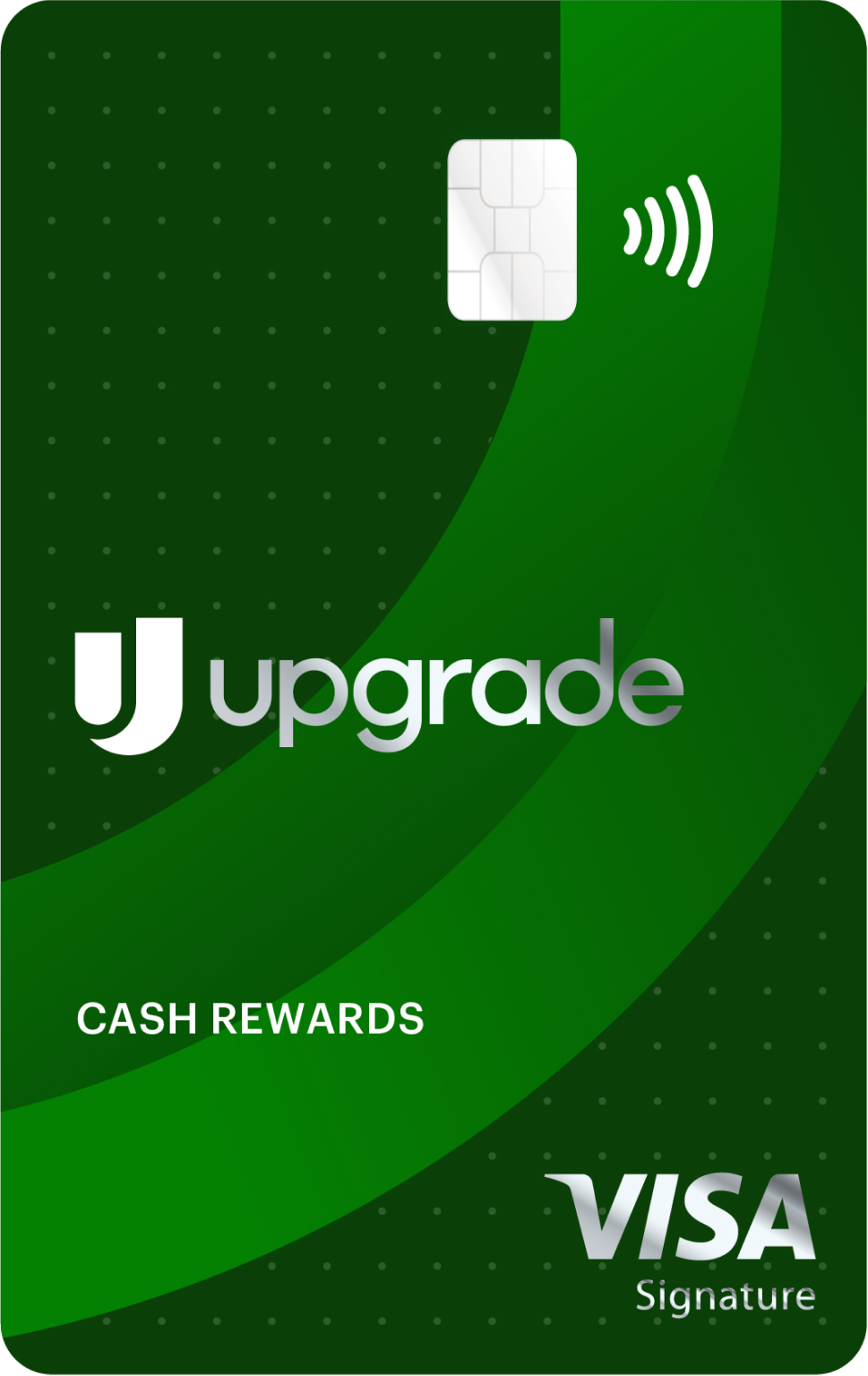
- 1.5% Unlimited Cash Back: Earn on every purchase.
- $200 Welcome Bonus: For opening a Rewards Checking Plus account and making 3 debit card transactions.
- No Annual or Late Fees: Cost-effective for users.
- Credit Line Options: Ranges from $500 to $25,000.
- Fixed-Rate Monthly Payments: Combines credit card flexibility with personal loan predictability.
- Extra Cash Back: Up to 10% through Upgrade Shopping powered by Dosh® on eligible purchases.
- Visa Network Access: Accepted widely with contactless payment technology.
This card is ideal for those seeking consistent cash back and additional savings without annual fees.
Destiny® Mastercard®
The Destiny® Mastercard® is worth considering if you’re looking to build your credit score.
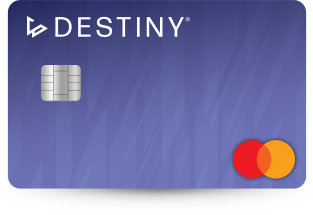
This card has an annual fee of $75, with a 25-day interest-free period.
Although this card doesn’t have a rewards program, it’s a good option if you have less-than-perfect credit and want to improve your score.
Pre-qualification requires only a soft credit check so your credit won’t be impacted.
Chase Freedom® Flex Card
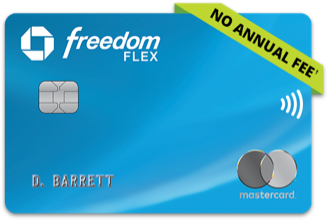
The Chase Freedom® Flex Card is a great option if you’re looking for a cash-back card that uses TransUnion. With this card, you’ll earn 5% cash back on up to $1,500 in combined purchases in bonus categories each quarter you activate.
Plus, you’ll earn 1% cash back on all other purchases. There’s no annual fee for this card, making it a great option for budget-minded consumers.
If you’re looking for a travel rewards card that uses TransUnion, the Capital One® VentureOne® Rewards Credit Card is worth considering.
Discover it® Cash Back Card
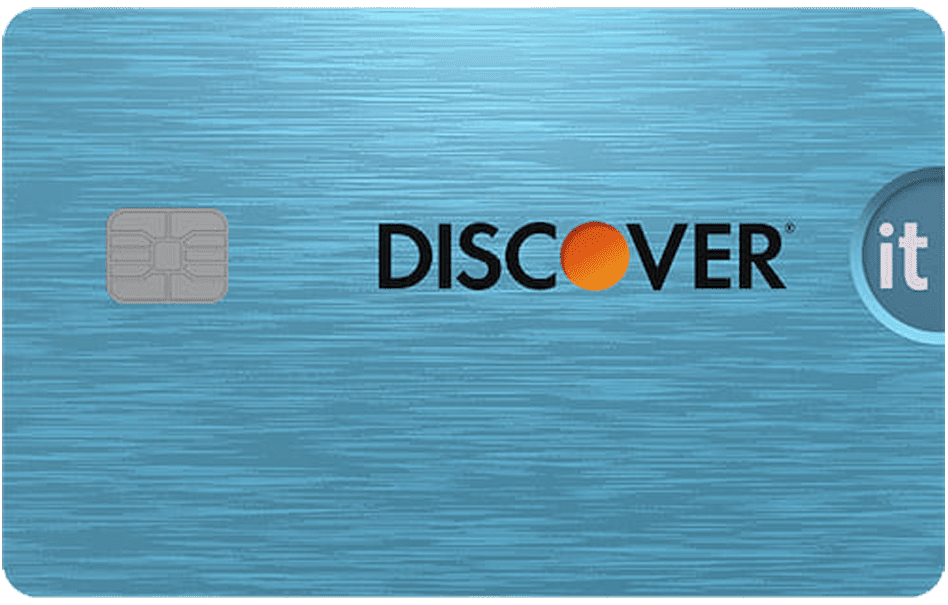
With the Discover it® Cash Back Card, you earn 5% cash back every quarter on all purchases from grocery stores, restaurants, and gas stations, plus a 1% cash back on all other purchases automatically.
At the end of the first year, you’ll also get a dollar-for-dollar cash back match on all the cash back you’ve earned automatically.
The Discover it® Cash Back Card has a variable APR starting at 16.49% with a 0% intro APR for the first 15 months.
Chase Sapphire Reserve®
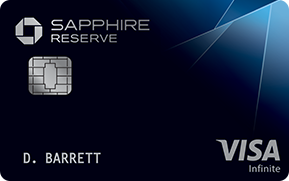
With the Chase Sapphire Reserve®, you can travel worldwide and earn 5x points on flights. You earn 10x points on hotels and car rentals after your first $300 spent annually by purchasing travel through Chase Ultimate Rewards®.
You’ll also automatically receive up to $300 in statement credits every year.
The Chase Sapphire Reserve® has a variable APR of 21.49% – 28.49% and the annual fee is $550 per year, with $75 for each additional cardholder.
Citi® Double Cash Card
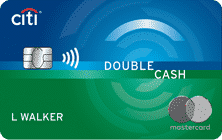
The Citi® Double Cash Card is a rewards card that earns you 2% cash back on purchases. New account holders can also benefit from a 0% intro APR offer for 18 months on balance transfers.
The card has no annual fee and you get all the usual perks: $0 liability on unauthorized changes, 24-hour fraud protection, and ID theft protection.
Comparing Credit Cards That Use TransUnion
| Credit Card | Key Benefits and Special Features/Bonuses | APR Range | Annual Fee |
|---|---|---|---|
| Upgrade Cash Rewards Visa® | 1.5% Unlimited Cash Back, $200 Welcome Bonus, Credit Line Options: $500 to $25,000, Fixed-Rate Monthly Payments, No Annual/Late Fees | Not specified | None |
| Chase Freedom® Flex Card | 5% Cash Back in Bonus Categories (Changes Quarterly), 1% on Other Purchases, No Annual Fee | 20.49% to 29.24% | None |
| Discover it® Cash Back Card | 5% Cash Back on Quarterly Categories, 1% on Other Purchases, Cashback Match, Dollar-for-Dollar Cashback Match in First Year, 0% Intro APR for 15 months | 17.24% to 28.24% | None |
| Chase Sapphire Reserve® | 5x Points on Flights, 10x on Hotels and Car Rentals, $300 Travel Credit, Up to $300 in Statement Credits Annually, Luxury Travel Benefits | 21.49% to 28.49% Variable | $550 |
| Citi® Double Cash Card | 2% Cash Back on Purchases, 0% Intro APR for 18 Months on Balance Transfers, Cash Back on Purchases, Balance Transfer Offer | 19.24% – 29.24% | None |
Don’t Worry About Minor Score Differences
Consistent Scoring Frameworks: Although your credit scores from various bureaus might slightly differ, they generally align closely. This similarity stems from the fact that credit bureaus employ similar methodologies to analyze your credit history.
Holistic Credit Evaluation: Credit approval processes consider numerous elements beyond just your credit score. These include factors like your income and debt-to-income ratio. As a result, minor variances in your scores from different bureaus typically don’t significantly influence lending decisions.
Major Credit Score Differences Should be Reviewed
Indicators of Potential Issues: When there’s a considerable discrepancy in your scores from different bureaus, it’s a signal to review your credit reports for potential errors or fraudulent activities.
The Value of Consistent Monitoring: Regular checks of your credit reports from all three major bureaus – Equifax, Experian, and TransUnion – are essential. This practice helps in maintaining overall financial health and enables early detection of inaccuracies or suspicious activities in your credit history.
Advantages of Credit Cards Associated with TransUnion
Opting for credit cards that report with TransUnion offers several key advantages.
- Credit History Development: As TransUnion is one of the top three credit bureaus in the United States, using a credit card that reports to this bureau contributes to building your credit history.
- Enhanced Creditworthiness Assessment: Many lenders rely on TransUnion for evaluating creditworthiness. Therefore, if your TransUnion score is favorable, it could increase your chances of obtaining approvals for various loans and credit lines.
- Credit Report Monitoring: Regularly using a credit card that reports to TransUnion allows you to keep a closer eye on your credit report, aiding in the early detection of any suspicious or fraudulent activities.
Picking The Best TransUnion Credit Card
When deciding on the most suitable credit card associated with TransUnion, several factors come into play.
- Card Type Determination: Begin by deciding the category of card you need. Options include a rewards card, a cash-back card, or a balance transfer card. Each category offers unique advantages and potential downsides. It’s crucial to select a card that aligns with your financial habits and goals.
- Rewards Preference: Consider what type of rewards suit your lifestyle best. If you’re a frequent traveler, a card offering travel rewards like free flights or hotel accommodations could be beneficial. On the other hand, if cash back is more in line with your spending habits, look for a card that grants a high return percentage on your purchases.
- APR Consideration: Lastly, pay attention to the Annual Percentage Rate (APR), which encompasses the overall borrowing cost, including any fees. This is often a more comprehensive indicator of a card’s cost than just the interest rate. The APR should be considered in light of your ability to pay off balances and your expected usage of the card.
By carefully evaluating these aspects, you can choose a credit card that not only leverages TransUnion’s reporting but also fits well with your financial needs and objectives.
Understanding Fees and Interest Rates on Credit Cards
When it comes to credit card fees and interest rates, several key factors come into play:
- Annual Fees: The annual fee of a credit card often correlates with its credit limit. Cards with higher credit limits tend to have higher annual fees. However, it’s common for some cards to offer a waived annual fee for the first year as an introductory incentive.
- APR for Purchases and Balance Transfers: The Annual Percentage Rate (APR) for purchases and balance transfers on credit cards typically ranges between 15% and 25%. This rate is a critical factor to consider, especially if you plan to carry a balance on your card.
- Cash Advance APR: The APR for cash advances is generally higher than that for purchases and balance transfers, often falling between 24% and 30%. This higher rate reflects the additional risk and costs associated with cash advance transactions.
- Penalty APR: In instances of late payments or returned payments, you might incur a penalty APR. This rate can be substantially higher, sometimes up to 29.99%. It’s a punitive rate applied to discourage late or missed payments.
- Minimum Interest Charge: This is the smallest amount of interest you’ll be charged in a month, applicable even if your card balance is relatively low. The minimum interest charge ensures that the lender earns a minimum amount from the loaned funds.
Additional Guidance for Credit Card Selection
When exploring credit cards that are associated with TransUnion, it’s essential to consider several factors. Here are some guidelines to assist you in selecting the most suitable card:
- Evaluate Your Credit Score: Your credit score plays a pivotal role in determining your eligibility for credit cards. If your score is good or excellent, you’re more likely to qualify for cards with lower interest rates and more favorable terms. However, with a fair or poor credit score, you may still get approved for a card but might face higher interest rates.
- Compare Various Card Offers: Once you have a clear idea of the type of card you need, compare different credit card offers. Look at aspects such as the Annual Percentage Rate (APR), rewards programs, and other card features to find one that aligns with your financial goals.
- Understand the Terms and Conditions: Before applying for any credit card, it’s crucial to thoroughly read and understand all the terms and conditions. Pay attention to details like the interest rate, grace period, fees for late payments, and any additional charges that may apply.
- Prudent Card Usage: After obtaining your new credit card, it’s important to use it responsibly. Ensure timely payments and strive to keep your balance low to avoid incurring high interest charges.




